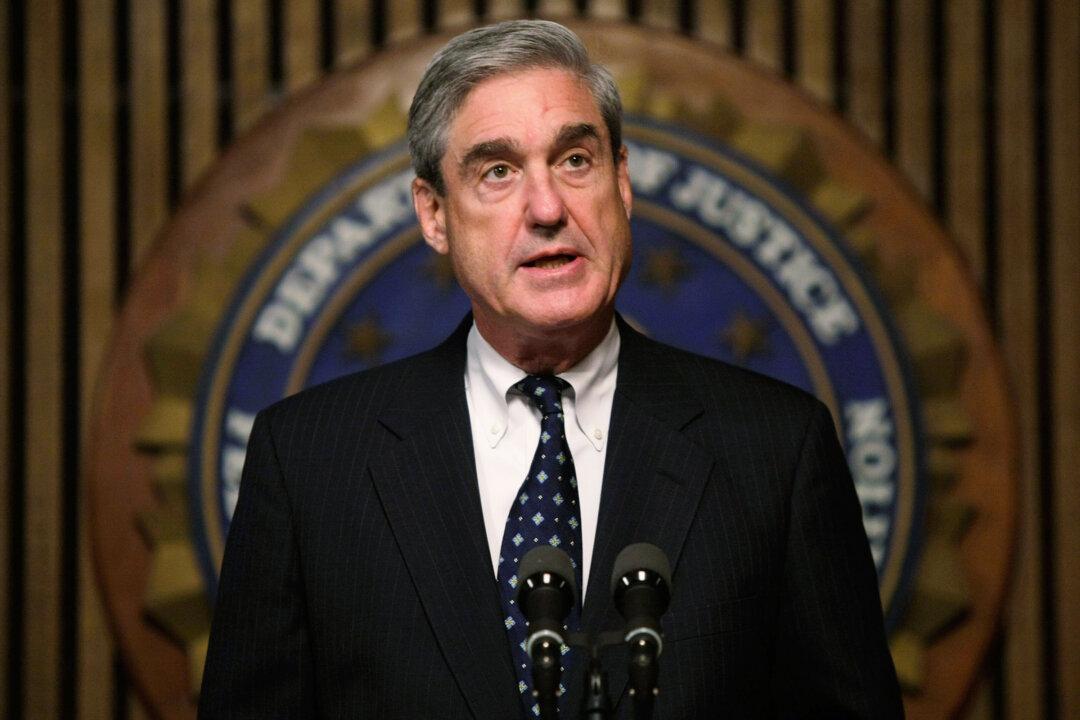Special counsel Robert Mueller’s team used “legal analysis” in their report that departed from the Department of Justice, the agency he was working for, Attorney General William Barr said.
Mueller submitted the report on Russian interference in the 2016 presidential election this year. The report exonerated President Donald Trump on charges that the president’s campaign colluded with Russia.





